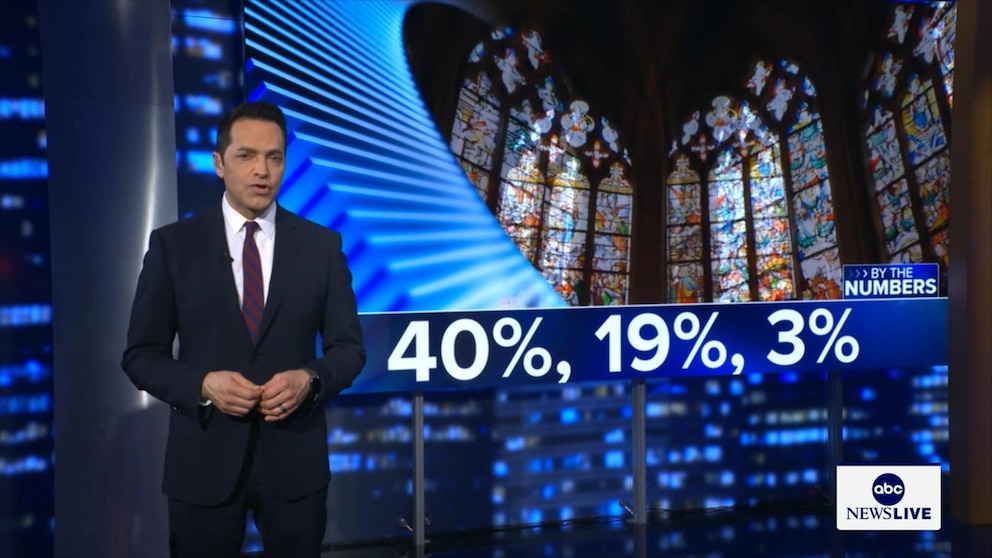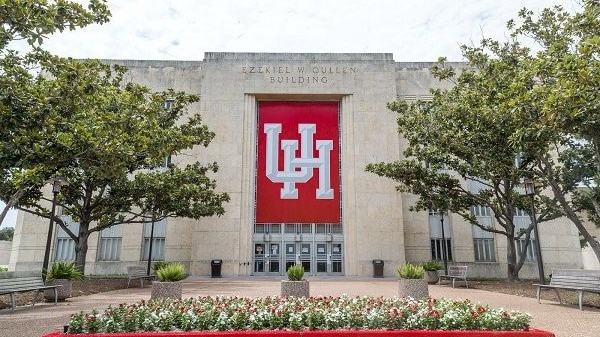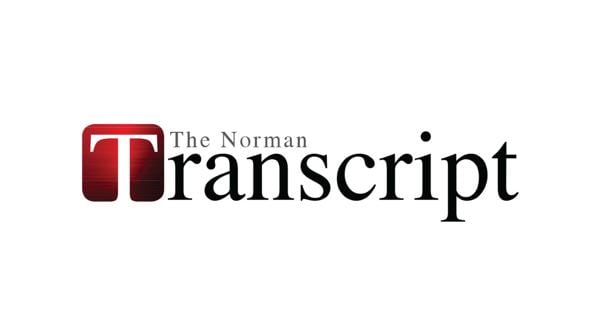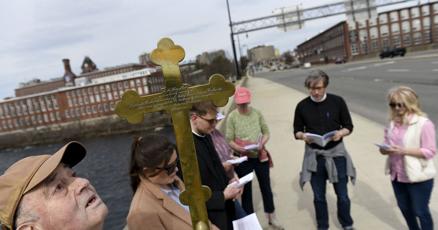Religious Scholar Sparks Controversy: Advocates Capital Punishment for Religious Conversion
Religion
2025-04-11 06:07:59Content
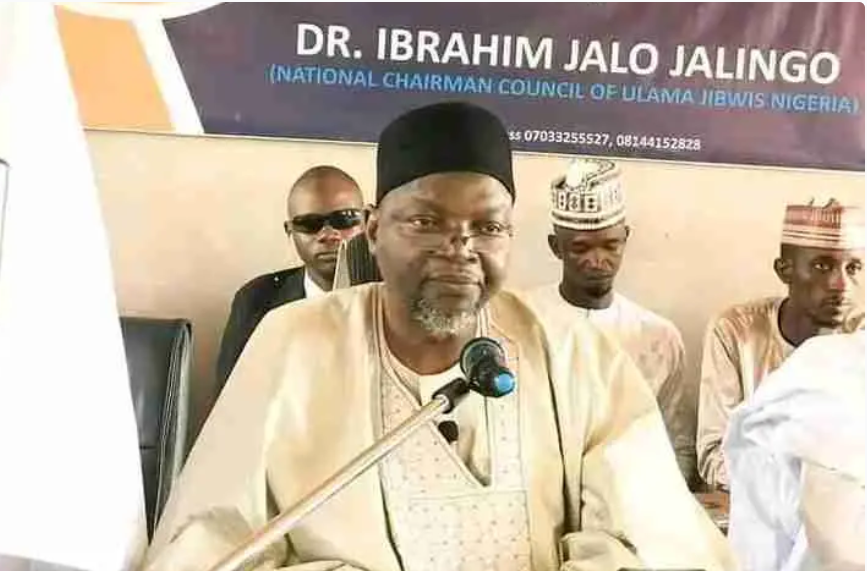
In a controversial statement that has sparked widespread debate, Dr. Ibrahim Jalingo, the National Chairman of the Council of Ulama, has publicly defended the death penalty for religious apostates. Taking to his official Facebook page on Thursday, the Islamic cleric passionately argued in support of a traditional Hadith that prescribes capital punishment for those who renounce their faith.
Jalingo's bold proclamation has reignited discussions about religious freedom and interpretation of religious texts. He firmly stood by the traditional religious ruling, directly challenging critics who question the severity of the punishment for apostasy.
The cleric's statement underscores the ongoing tension between traditional religious interpretations and modern human rights perspectives, highlighting the complex landscape of religious discourse in contemporary society.
While his comments have drawn significant attention, they also reflect deep-rooted theological debates within religious communities about the boundaries of faith, personal choice, and religious doctrine.
Controversial Religious Decree: Ulama Leader Sparks Heated Debate on Apostasy Punishment
In the complex landscape of religious interpretation and human rights, a provocative statement by a prominent Islamic religious leader has reignited a long-standing global conversation about religious freedom, theological boundaries, and the delicate balance between spiritual conviction and individual choice.Challenging Perspectives: When Religious Doctrine Meets Modern Human Rights
The Theological Backdrop of Religious Transformation
Religious conversion and apostasy represent deeply nuanced theological and societal challenges that transcend simple binary interpretations. The fundamental question of an individual's right to spiritual autonomy has been a contentious issue across multiple religious traditions, with Islamic jurisprudence presenting particularly complex perspectives on religious identity and personal belief systems. Scholarly debates surrounding apostasy have historically involved intricate interpretations of religious texts, cultural contexts, and evolving human rights frameworks. The nuanced discussion extends beyond simplistic punitive approaches, demanding sophisticated theological and philosophical engagement that respects both individual agency and religious community dynamics.Legal and Ethical Implications of Religious Transformation
Contemporary global human rights frameworks fundamentally challenge traditional interpretations that advocate severe consequences for religious renunciation. International conventions consistently emphasize an individual's inherent right to freedom of belief, religious expression, and personal spiritual journey. The potential implementation of capital punishment for religious conversion represents a profound contradiction to modern principles of human rights, personal liberty, and individual autonomy. Such perspectives not only challenge legal norms but also raise significant ethical questions about the relationship between religious institutions and individual freedom.Scholarly and Theological Perspectives on Religious Identity
Islamic theological scholarship encompasses diverse interpretations regarding apostasy, with significant variations across different schools of thought and cultural contexts. Contemporary Islamic scholars increasingly advocate for nuanced, contextual understandings that prioritize dialogue, understanding, and spiritual guidance over punitive measures. The complexity of religious identity formation involves intricate psychological, sociological, and spiritual dimensions that cannot be adequately addressed through simplistic legal frameworks or punitive approaches. Genuine spiritual transformation requires compassionate engagement, intellectual discourse, and respect for individual spiritual journeys.Global Human Rights and Religious Freedom Discourse
International human rights mechanisms consistently emphasize the fundamental right of individuals to explore, question, and potentially transform their religious beliefs without fear of persecution or violence. The universal declaration of human rights provides a critical framework for understanding religious freedom as an essential component of individual liberty. Emerging global dialogues increasingly challenge traditional interpretative models that view religious identity as static and immutable. Modern perspectives recognize spiritual exploration as a dynamic, personal process that requires supportive, non-coercive environments conducive to genuine intellectual and spiritual growth.Societal Implications and Community Dynamics
Religious communities face significant challenges in navigating the delicate balance between maintaining theological integrity and respecting individual spiritual autonomy. Punitive approaches to religious transformation often create deeper societal fractures, undermining the fundamental spiritual principles of compassion, understanding, and personal growth. Constructive engagement requires creating spaces for open dialogue, mutual respect, and genuine understanding that transcend rigid doctrinal boundaries. Religious institutions must evolve to become platforms for spiritual exploration rather than mechanisms of control and suppression.RELATED NEWS
Religion

Beyond Chocolate Eggs: How Easter Reveals the Deeper Significance of Faith, Scholar Claims
2025-04-19 19:05:38
Religion

NFL Draft's Abdul Carter Turns Heads with Powerful Cultural Statement Through Attire
2025-04-24 23:05:16
Religion

Faith vs. Law: States Rally Behind Church's Controversial Pro-Life Stance in Federal Court Battle
2025-04-15 13:59:59

